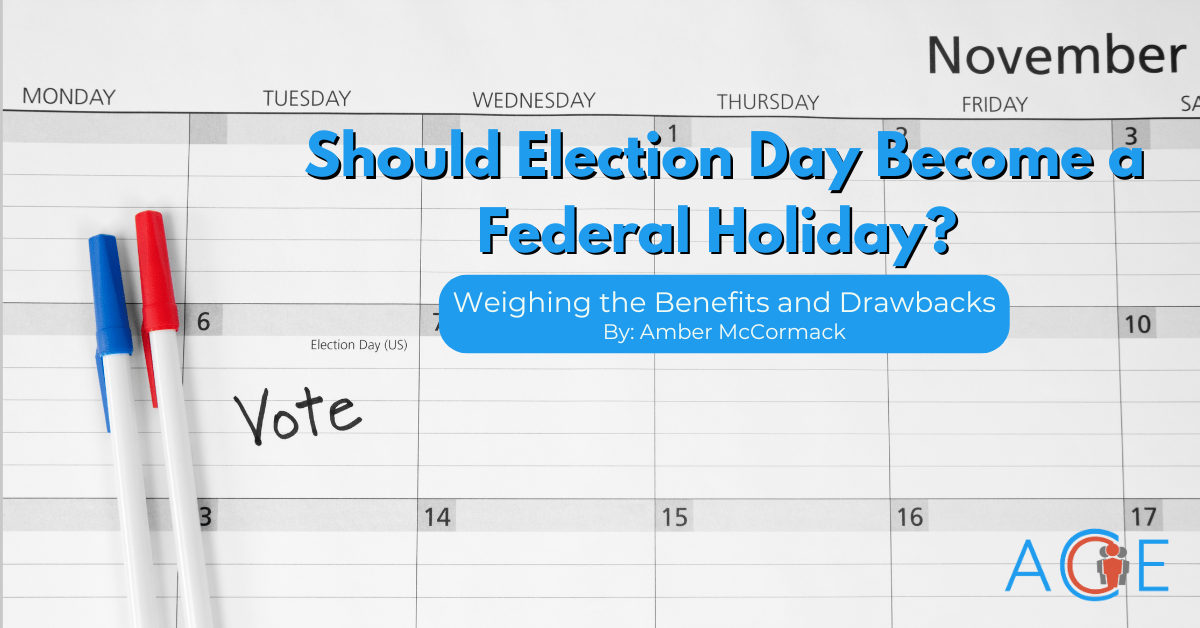Is it time to make Election Day a federal holiday? 🗳️ Some say it would boost voter turnout and align the U.S. with other democracies, while others argue it could create challenges for hourly workers and cost millions. Dive into the debate over whether a federal voting holiday is the best way to strengthen democracy or if there are better solutions. Check out the full breakdown!



The two are not functionally identical at all.
Ranked Choice is a broken Ordinal voting system.
All Ordinal voting systems are flawed, because when you have to rank A over B, you will eventually reach a point where C can become a spoiler candidate.
Cardinal voting systems are immune from this, because you rate the candidates independent of each other. It doesn’t matter how many candidates are on the ballot, because you’re rating them vs your support, not their rank vs each other.
Cardinal systems allow you to rate two candidates the same, either with full support or full disdain.
Do you have a link that explains what you’re talking about? I’m having a hard time reconciling my understanding of Ranked Choice (with instant runoff) with the downfalls you describe.
Edit: I came across this: https://betterchoices.vote/Cardinal It explains the spoiler problem with Ordinal voting systems, but also illustrates problems with Cardinal voting systems. Interesting stuff.
I’m so glad I found this site! I think I’ve been converted to a Consensus Voting proponent instead of Instant Runoff.
You can read more about it here: https://betterchoices.vote/ConsensusVoting
Ahh, the bullshit “bullet voting” nonsense.
That’s a sort of made up problem with cardinal systems that ignores one tiny little issue. Approval, is a Cardinal voting method that is 100% bullet voting, because there’s no scale. Just a simple yes and no per candidate.
It gives better results than every single Ordinal system.
These geeks study election systems in far too much detail. And have a handy little chart of Baysian Regret Basically they did math and computer shit to figure out how “happy” people would be with the results of a set number of simulated elections with roughly identical factors except the voting system used and how honestly vs strategic you are in your voting,
Approval, which is 100% bullet voting, and still comes out better for overall satisfaction of results than its closest Ordinal competitor.
Consensus is just Condorcet voting. Technically, Approval is Condorcet compliant. It might actually be the only true way to find the Condorcet winner.
Anyway, there’s more, and I should link more.
https://en.wikipedia.org/wiki/Approval_voting
https://en.wikipedia.org/wiki/Arrow's_impossibility_theorem
How do you counter the arguments about strategic votes in Cardinal voting systems? Those arguments are explained here: https://betterchoices.vote/Cardinal
Put simply, Approval is still subject to strategic voting that undermines the purpose of the system. In practice, nobody is going to approve of a centrist candidate from the other party because that approval vote might be the only reason that their party loses.